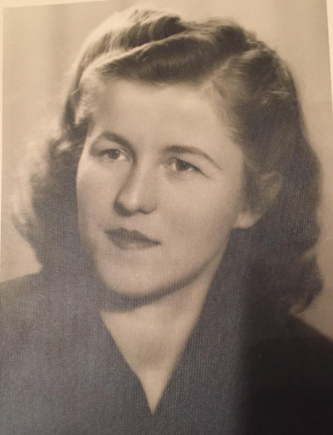Prof. Dr. Sehadete Mekuli, also known as Sadete Mekuli, was an Albanian gynecologist, professor, and public figure (of Yugoslav origin). She was born in 1928 in Ohrid, Kingdom of Yugoslavia. She attended high school in her hometown and then went on to study medicine at the University of Skopje, where she graduated on January 7, 1954. She received her doctorate at the University of Belgrade in 1973 and became an Associate Professor at the University of Pristina.
On April 1, 1954, she started working at the Prishtina Hospital as a gynecologist and obstetrician. Mekuli specialized in Gynecology in March 1960, in Belgrade. From 1960 to 1962, she was Head of the Gynecology and Obstetrics Ward at Pristina Hospital. In 1963, for political reasons, she left the hospital and became the Head of the Dispensary, within the Health House of Pristina. In January 1968, she returned to her duties as Head of the Gynecology and Obstetrics Department at Pristina Hospital.
Among other things, she developed a series of lectures for schools and boarding schools to improve the Health Education of girls. Mekuli participated in the establishment of the Association of Doctors of Kosova and directed the publication of “Praxis Medica”, a medical journal. In 1972, she became the Director of the Gynecological Clinic within the School of Medicine of the University of Pristina. Among other things, Mekuli has published 31 articles in the medical journal.
She became known for caring for injured students during the 1981 protests in Kosova, where Albanians demanded more autonomy within the Yugoslav federation. As a result of her actions, she was denied the title of Full Professor at the School of Medicine at the University of Pristina and was forced into early retirement in 1988. After a series of events, in 1996, Mekuli opened a gynecological and obstetric clinic in cooperation with the “Mother Teresa” organization, which brought gynecologists from all over Kosova to treat women. Her work and figure inspired the character of Teuta Shkreli in Ismail Kadare’s novel. She passed away on November 12, 2013, after extensive activity and long dedication to the field of medicine.

